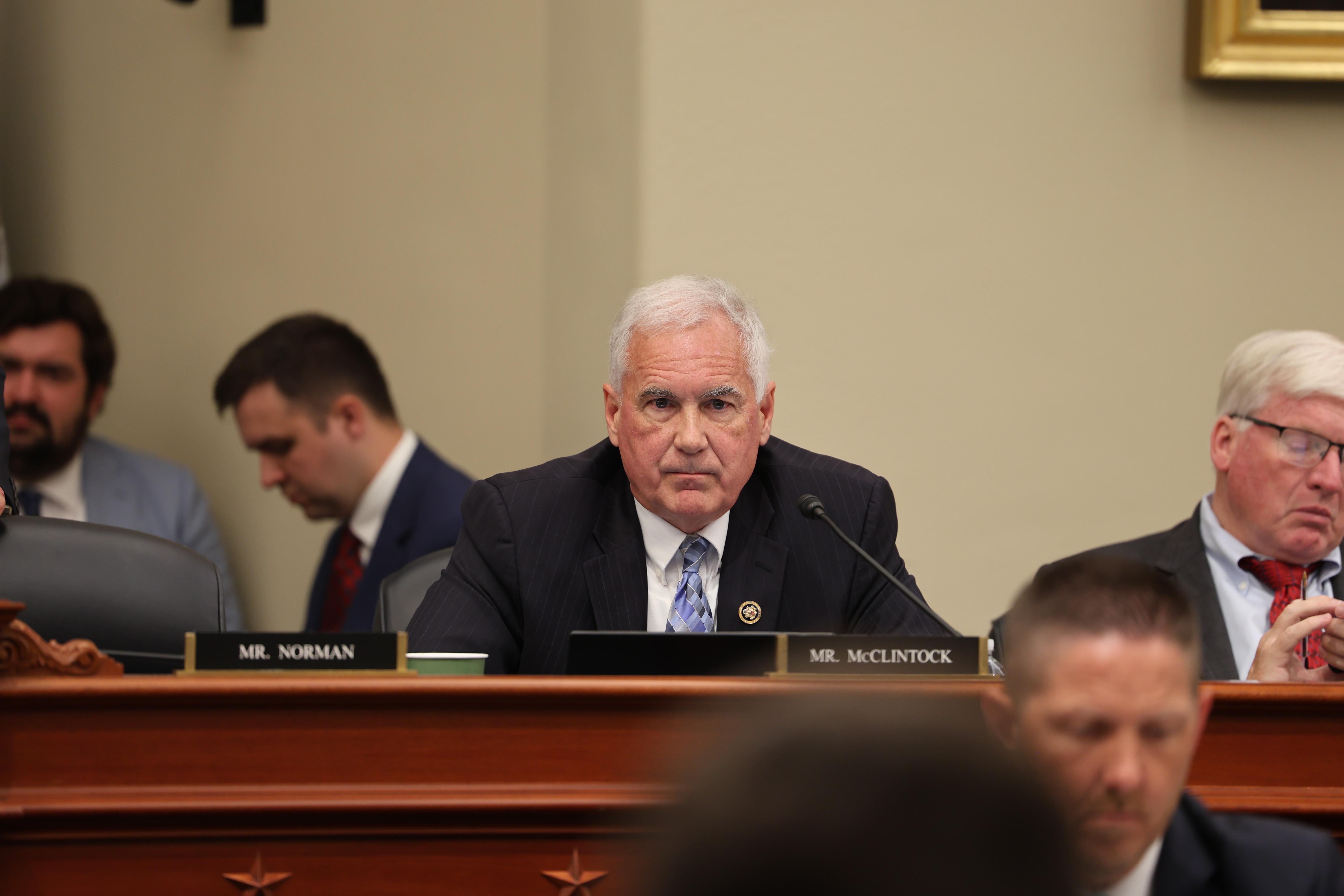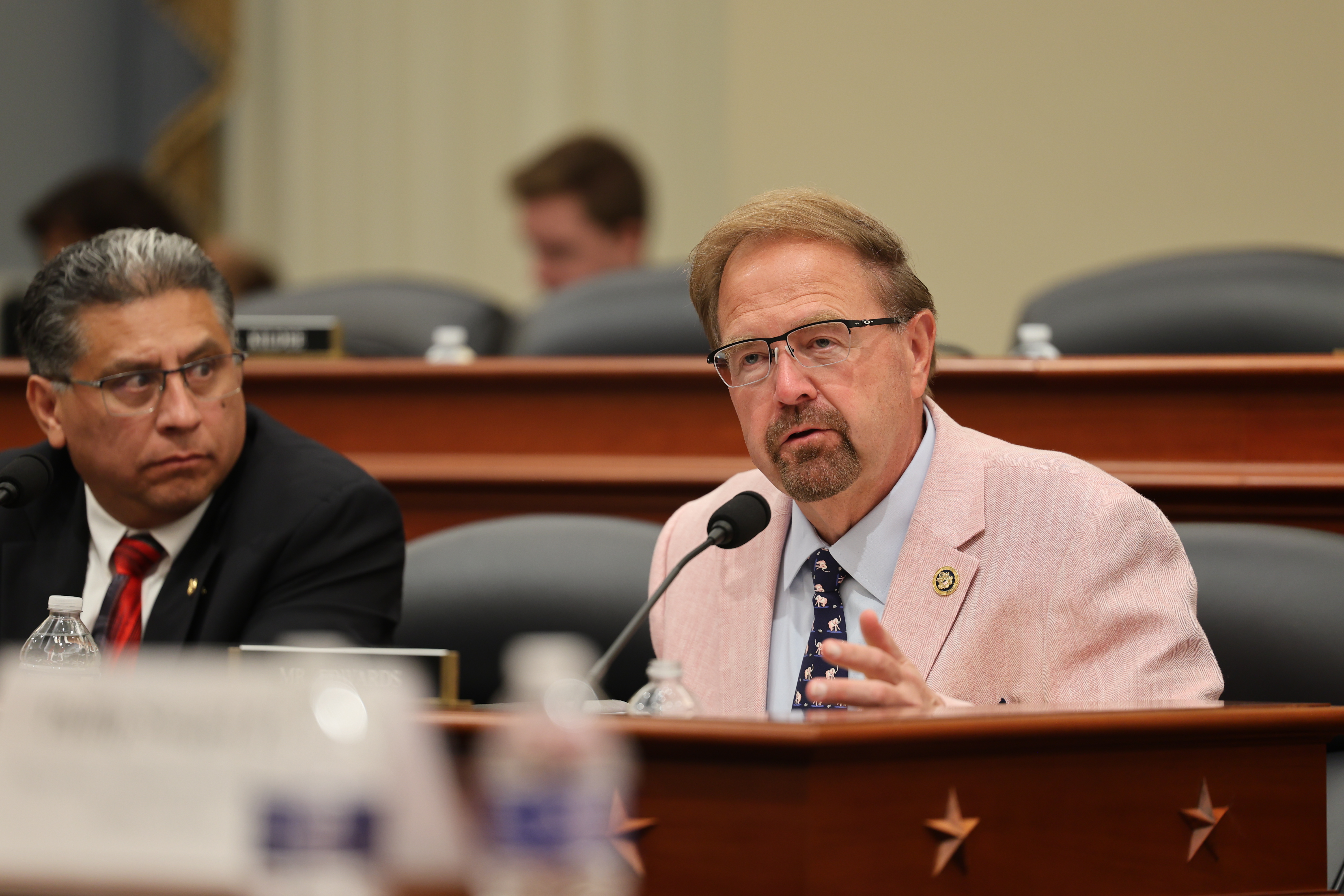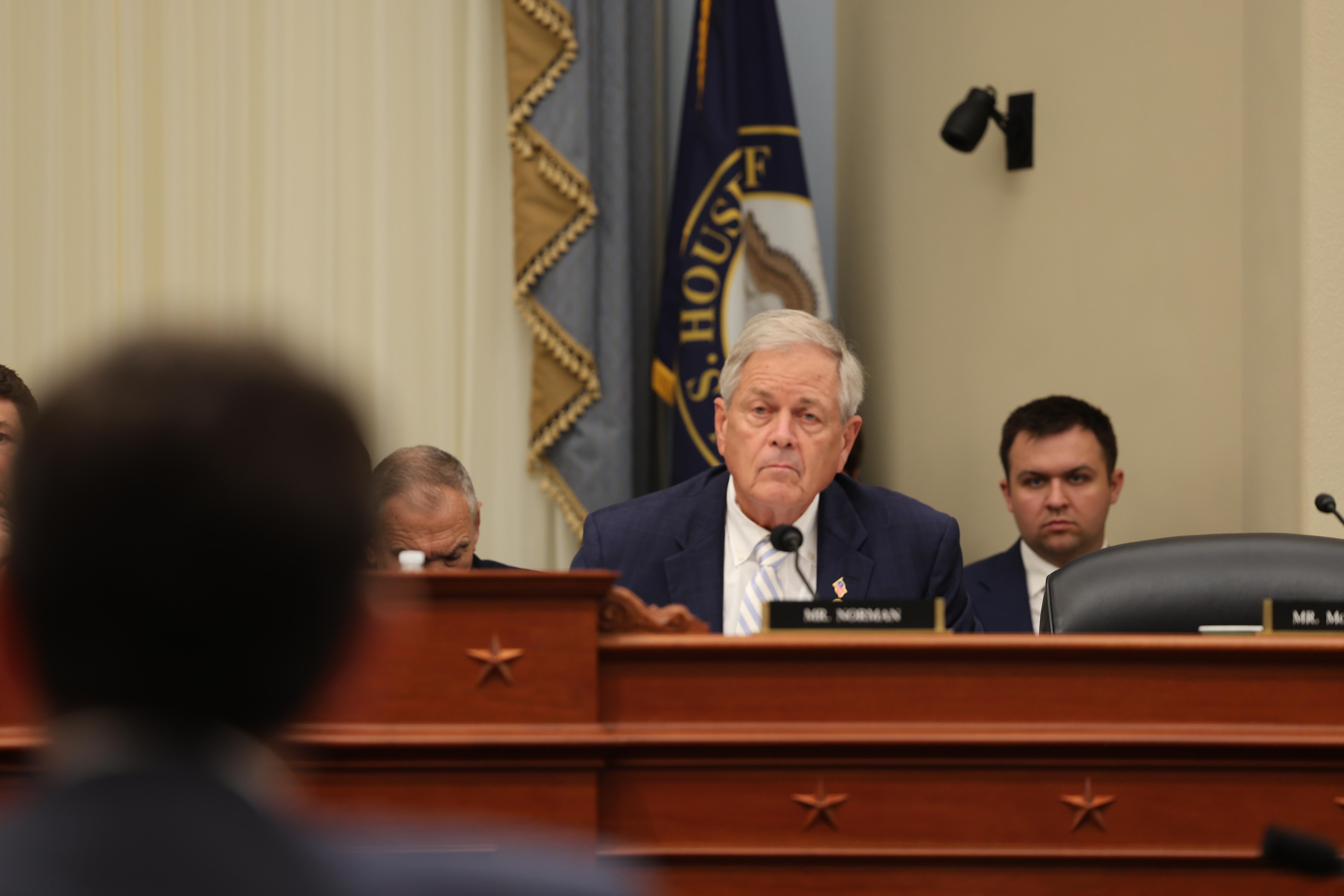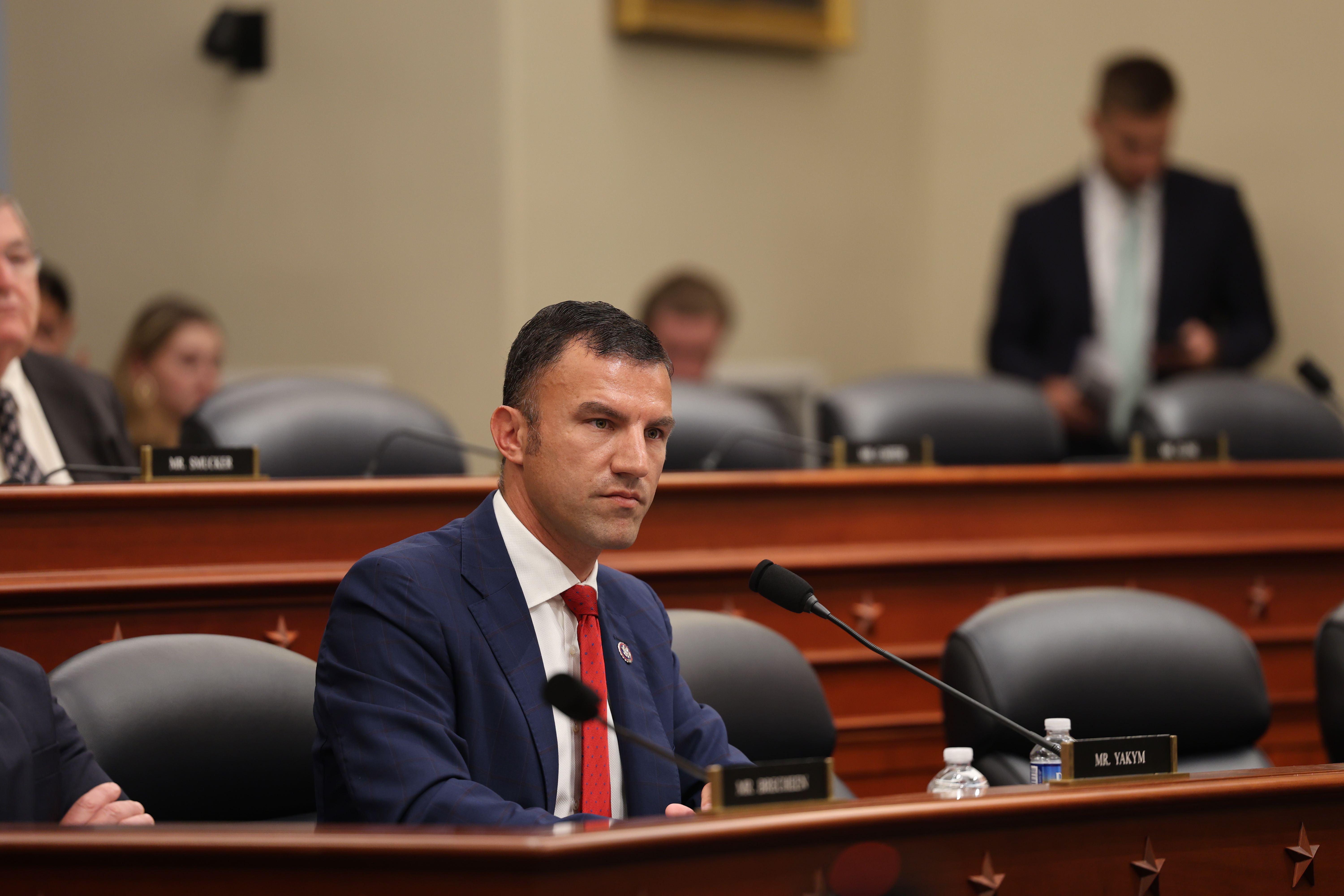House Budget Committee Examines Ways to Improve the Congressional Budget Office
WASHINGTON, D.C. – Yesterday, the House Budget Committee held a legislative hearing entitled “Congress and the Congressional Budget Office (CBO): Examining Ways to Improve CBO” with CBO Director Phillip Swagel.
This was the Budget Committee’s second oversight hearing this Congress focused on examining ways to improve the accuracy of CBO’s cost estimates, the timeliness of its communications with members and the general public, and their accountability to the Congress.
As CBO celebrates its 50th anniversary, the House Budget Committee is continuing its work to ensure CBO is complying with its congressionally defined goals and providing the most accurate, timely, and accountable information possible to lawmakers.
Chairman Jodey Arrington (R-TX):
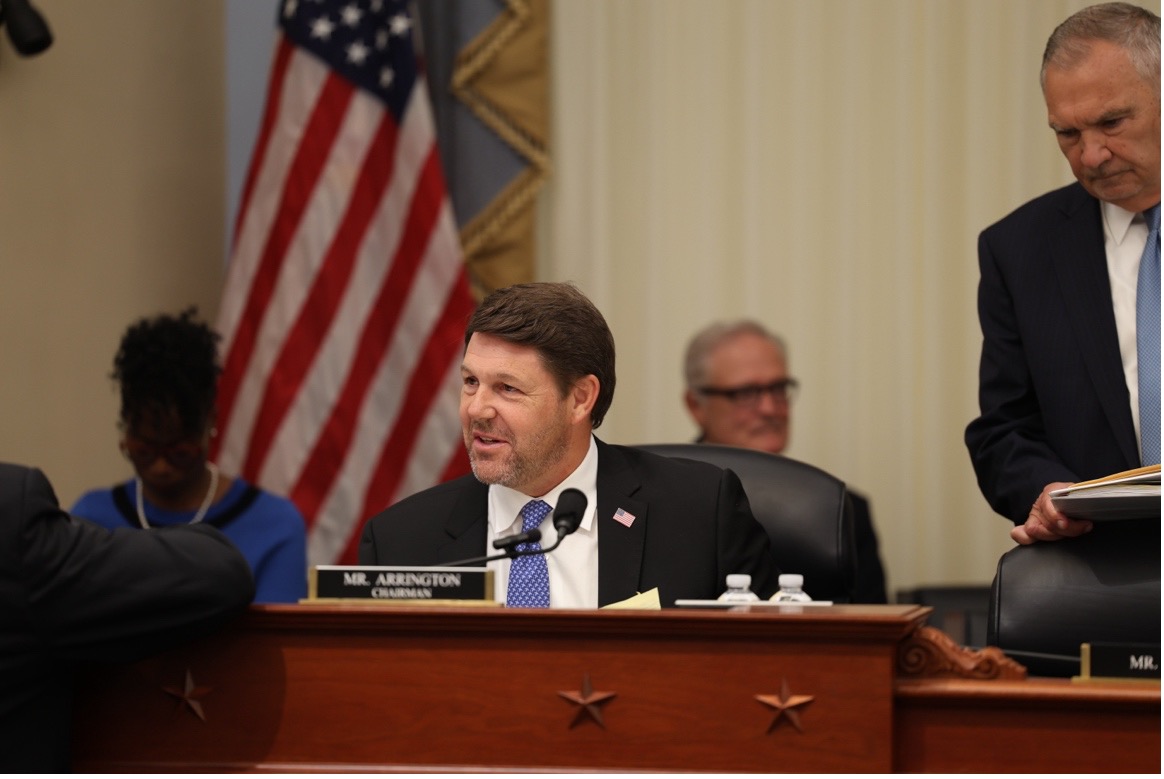
Click HERE to watch Chairman Arrington’s remarks
“What you do is critical to our ability to govern our great country, no matter which side of the aisle you sit on. In addition to making sure those projections and predictions are accurate, we just need to sure that all forms and flavors of your analysis are manifested in the various reports, not just the baseline and the update reports. We need more certainty and continuity in the information that's flowing to us.
I would also suggest that whether you're a Democrat or Republican, we ought to identify some reports that we think would be useful for members to receive on a regular basis. Improper payments, waste and fraud should be a bipartisan commitment. Whether we improve an entitlement program, expand it, or remove it, we should be committed to that while it exists. It’s where tax dollars are going for the intended good for the public and the intended beneficiaries. Everybody agrees with that. That's not a partisan statement.”
Rep. Tom McClintock (R-CA):
Click HERE to watch Rep. McClintock’s questioning
“I've said this over and over, the only budget that matters is the budget before us today, not the budget that we might take up 10 years from now. This is a fantasy that diverts us from our responsibility right now. We also tend to focus on spending levels, without much attention on how that money is being spent. Time and again, I hear appropriators boast that they've appropriated within the limits that we've set, and that's good, but there seems to be little interest in where that money is actually going, how it's being spent, and I'm constantly appalled to see where it goes.
Churchill said it best – the farther back we look, the farther ahead we can see. Perhaps we should look back at how these programs were performing and why we keep throwing good money after bad rather than while we're trying to peer into the future. I think we'll find that asking these questions will put us on a much better road to that future.
I'd like to see a focus from CBO on what we're spending subsidizing interests of what we're doing that is diverting national resources to exclusively local interests and the agencies that we have failed to review, and yet keep shoveling more money toward.”
Rep. Chuck Edwards (R-NC):
Click HERE to watch Rep. Edward’s questioning
“One question that I have that I'm particularly interested in is your office estimated that the Internal Revenue Service’s (IRS) 87,000 new attack dog agents funded in the Inflation Reduction Act (IRA) would bring in $2.9 billion in FY23 and $7.8 billion in FY24, but according to the Economic Policy Innovation Center (EPIC), it's only brought in $160,000,300 and $60 million respectively. I know that Congress makes huge consequential decisions sometimes that are controversial to the American people. I can't think of one that has been more controversial. Because there's such a difference there, what can you tell us would be some of the reasons that we had such a difference?"
Rep. Ralph Norman (R-SC):
Click HERE to watch Rep. Norman’s questioning
“I wish you know going forward, we would take everything into account and put as much effort into it to figure out all the costs and let the facts show where they are. It's going to be a tremendous impact on this country that it's going to be hard to recover from, to be honest with you. I hope and suggest that you get on not just immigration, but everything. Look at the true costs so when the CBO gives its blessings, that it has all the facts, just like we do in the business arena, and hopefully we'll do in this political arena at some point.”
Rep. Rudy Yakym (R-IN):
Click HERE to watch Rep. Yakym’s questioning
“CBO’s baseline assumes that the $95 billion package of foreign assistance to Ukraine, Israel, and Taiwan will continue each year, totaling almost a trillion dollars over 10 years. I understand that CBO is required to make that assumption, but do you think that assumption artificially inflates the baseline?” – Rep. Yakym
“It inflates the baseline for sure in the way that you said. We can make these so we can provide information in lots of different ways, in whatever way is most helpful for you. That's the way I want to do it.” – Dr. Phillip Swagel
The Bottom Line:
Earlier this week, H.R. 7032, led by House Budget Committee Chairman Jodey Arrington (R-TX) and Ranking Member Brendan Boyle (D-PA), passed both the House and Senate marking the first time EVER that a bipartisan House Budget Committee bill has passed both chambers unanimously. The CBO Data Sharing Act will address ongoing challenges the CBO faces in accessing data from executive branch agencies, which can delay and diminish critically important budget analyses and economic forecasts.
The House Budget Committee is committed to ensuring congressional oversight of CBO is maintained to ensure accuracy for legislating.


